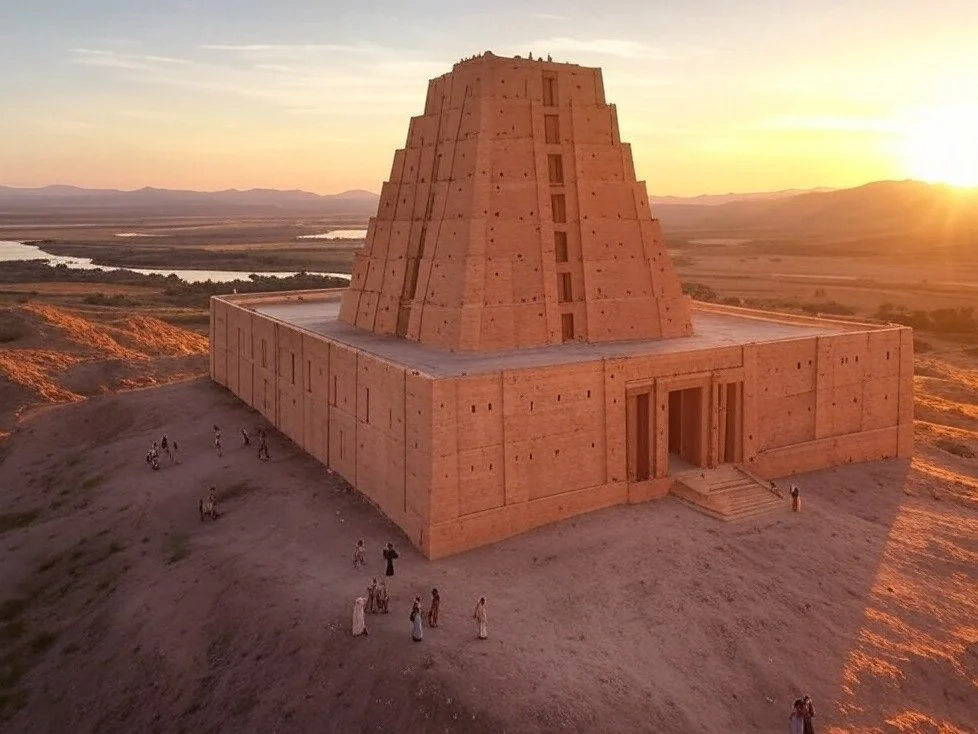The Dawn of Empire
The rise of the first empires marked a turning point in human history, transforming city-states into vast, organized territories under centralized rule. The Akkadian and Assyrian empires, among the earliest known, set the foundations for governance, warfare, and culture that influenced future civilizations.
The Akkadian Empire: The First of Its Kind
Founded by Sargon of Akkad around 2334 BCE, the Akkadian Empire is recognized as the world's first empire. Sargon united the diverse city-states of Mesopotamia under a single administration, establishing a model for imperial rule. His empire pioneered a standardized bureaucracy, a professional army, and widespread trade networks that connected Mesopotamia with regions as far as the Indus Valley and Anatolia.
Assyria: Masters of Military Innovation
Following the collapse of Akkad, Assyria emerged as a dominant force. Known for their military prowess, the Assyrians developed advanced siege tactics, iron weaponry, and a highly disciplined army. Their empire, reaching its height between the 9th and 7th centuries BCE, was ruled from capitals like Nineveh and Ashur, where grand palaces and libraries showcased their administrative sophistication.
Archaeological Discoveries and Insights
Excavations at sites such as Akkad, Nineveh, and Nimrud have revealed extensive records detailing governance, law, and daily life. The discovery of the Library of Ashurbanipal, containing thousands of cuneiform tablets, provides invaluable insights into Assyrian knowledge, literature, and diplomacy. Monumental reliefs and inscriptions also depict military campaigns, religious rituals, and royal achievements, illustrating the power and organization of these early empires.
Lasting Legacy
The innovations of Akkad and Assyria influenced later empires, from Babylon to Persia and beyond. Their centralized administrations, military strategies, and cultural advancements laid the groundwork for the vast empires that followed, shaping the course of world history. By studying their achievements, we gain a deeper understanding of the origins of complex societies and governance systems that continue to influence the modern world.







